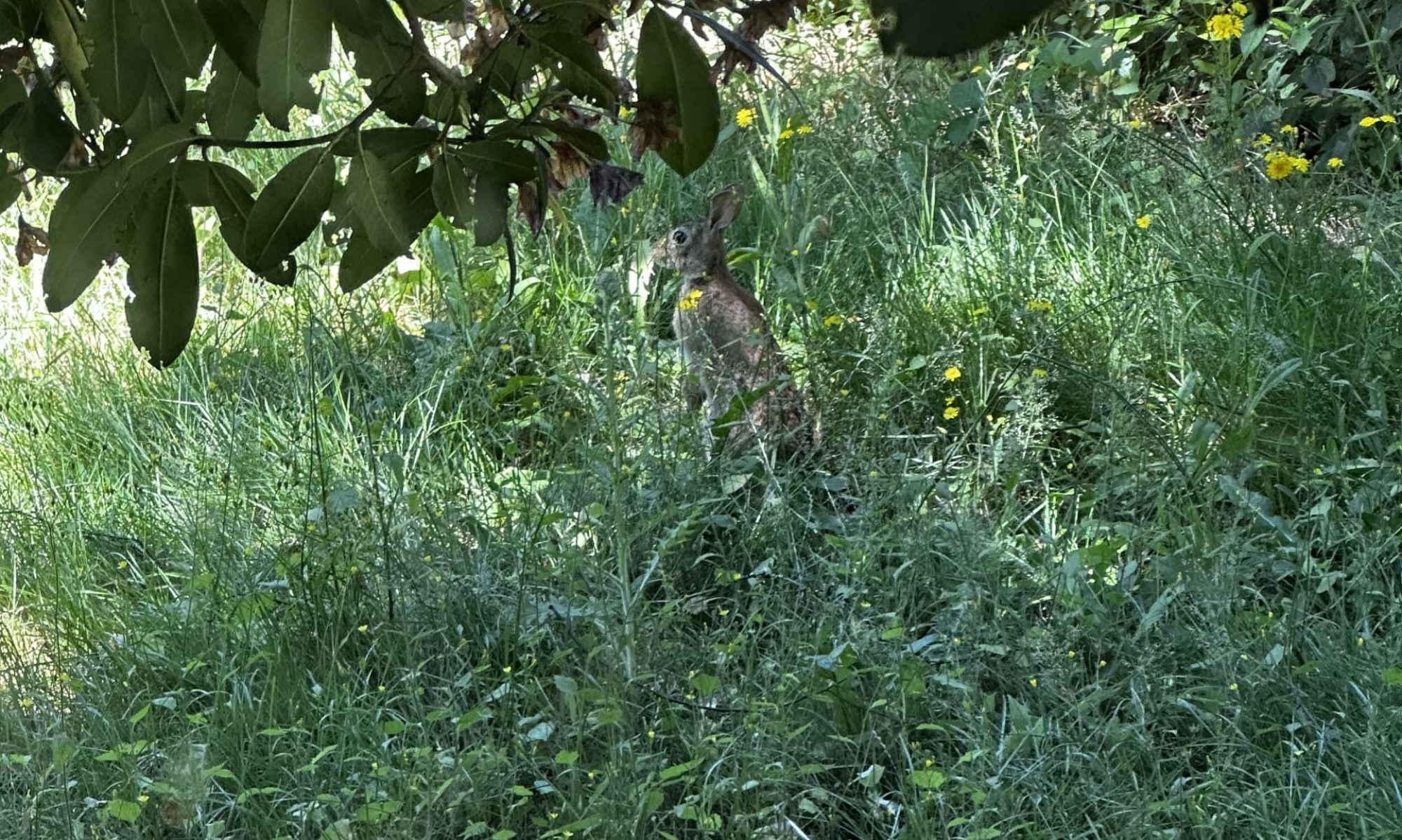Listen with curiosity. Speak with honesty. Act with integrity. The greatest problem with communication is we don’t listen to understand. We listen to reply. When we listen with curiosity, we don’t listen with the intent to reply. We listen for what’s behind the words. ~Roy T. Bennett, The Light in the Heart
Anything that’s human is mentionable, and anything that is mentionable can be more manageable. When we can talk about our feelings, they become less overwhelming, less upsetting, and less scary. The people we trust with that important talk can help us know that we are not alone. ~Fred Rogers
The trauma said, “Don’t write these poems.
Nobody wants to hear you cry
about the grief inside your bones.”
But my bones said, “Tyler Clementi jumped
from the George Washington Bridge
into the Hudson River convinced
he was entirely alone.”
My bones said, “Write the poems.”
~Andrea Gibson,The Madness Vase
One of the most important parts of any relationship is communication. In order for there to be good communication, both people need to be able to express themselves verbally, in a relatively non-defensive and non-abusive or non-harmful manner. Both parties need to be able to take the risk of being vulnerable, of expressing their wants and needs. Both parties also need to be able to truly listen and hear what the other person is trying to communicate to us.
This of course makes sense. I believe this is what most of us strive for.
But it is so fucking hard in practice.
It’s challenging because we each have trauma coursing through our bodies, living in our nervous systems. We each received messaging, either overtly or subvertly, that our wants and needs don’t matter, that we should just be happy if someone loves us and not complain.
Many of us learned in one way or another that expressing our wants or needs is actually dangerous. Perhaps we were physically abused for crying or “whining.” Perhaps we witnessed siblings or one of our caregivers receiving violence for expressing themselves. Perhaps our bids for affection were met with coldness or further isolation. Perhaps we were ridiculed for being “sensitive” or “weak” or “soft.”
Regardless of the specific whys, we got the message loud and clear that expressing our wants and needs wasn’t okay, wasn’t acceptable, wasn’t safe.
So, it makes sense that as adults we have a very challenging time expressing our wants and needs.
It makes sense it is challenging.
It doesn’t make sense that we may (unconsciously) expect others to be mind readers.
How many times have you thought or said or heard “Well, if they loved me they’d know what’s wrong!”? Or “I shouldn’t have to tell you why I’m upset, you should know!”
This narrative is actually a cloak for our own hurt and fear that our own feelings don’t matter. That we don’t matter to the other person (and look, there’s proof! They can’t read our mind!). That we aren’t actually lovable.
Learning to communicate in productive, connecting ways takes practice. Lots of practice. It requires us to look at and work through some of our own wounding. It requires us to come into our bodies so we can have some felt sense around what is happening for us – if past wounds are being poked, if something new is growing, if it’s a combination of both (usually it’s a combination).
It takes practice to become curious and ask questions instead of making assumptions about what another person is thinking or feeling.
It takes practice to actually ask another person if they can meet a want or need of ours in that moments, instead of demanding it from them.
It takes practice communicating our desires and boundaries without expectations for how the other “should” respond.
This all takes practice. It takes patience, from all parties. It takes messing up and getting it all wrong. It takes a willingness to be vulnerable, to take some risks in sharing something a bit more intimate about ourselves.
This is what it means to break patterns and cycles. It requires us to actually do the very messy and challenging and uncomfortable work of disrupting these generations old ways of relating that cause harm, to the others, to our relationships, and ultimately to our Self.
It not glorious work. It isn’t fun. It can be painful. As we disrupt these patterns, we will likely lose people. There will be grief. There will be days we just don’t want to do it anymore.
And.
There will be days when we realize we are in a situation where once we would have lost our shit and here we are, relatively calm, figuring it out.
There will be days we feel such intense joy and happiness that all we can do is cry.
There will be days where we know, deep in our bones, how cherished we are, how loved we are, how lovable we are.
Both and.
Yes it is intense work. And in my personal experience, it is so intensely worth it.
/../
This essay was originally written for my weekly-ish newsletter on May 10, 2020. It has been edited for publication here. To receive my most recent essays and learn about my online offerings, you can subscribe here.
